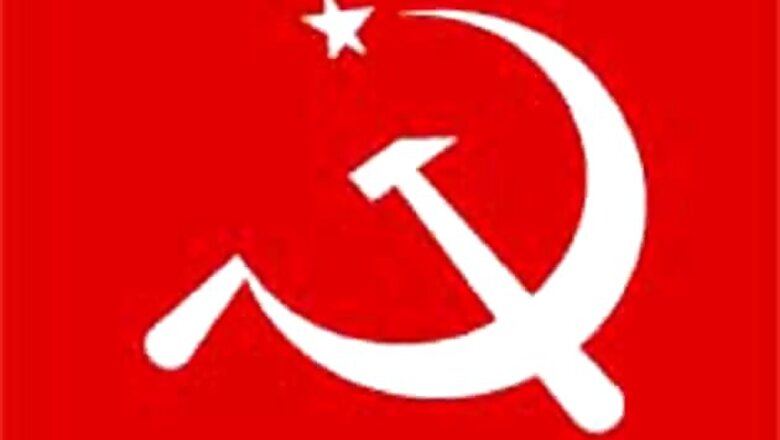
views
The volatility in rupee value was "bound to happen" due to a very high current account deficit and the situation was akin to the major financial crisis faced by India in 1991, the CPI(M) said on Friday. "It is clear that a very serious current account deficit has built up in the country and the situation is not very different from what it was in 1991," senior CPI(M) leader Sitaram Yechury told reporters ahead of the party's Politburo meeting which began in New Delhi.
"You are back to square one after 22 years of so-called economic reforms which were supposed to have changed the face of the Indian economy. This was bound to happen," he said when asked to comment on the falling value of rupee vis-a-vis the US dollar. Noting that "huge amounts of non essential imports" like that of gold bullion, silver and luxury items were being allowed by the government, Yechury said "in this situation, the current account deficit is bound to rise.
Unless that is controlled, there is no way you can stabilise the rupee." In 1991, the government was close to default, with the foreign exchange reserves sliding to such a point that India could barely finance three weeks' worth of imports. The country had to airlift gold reserves as a pledge with the International Monetary Fund (IMF) for a loan.
In an editorial in the forthcoming issue of party organ 'People's Democracy', Yechury also criticised Prime Minister Manmohan Singh's Independence Day speech, saying the economic policies pursued by UPA government had led to the "expanding hiatus" between the rich and the poor.
Noting that the entire thrust of Singh's speech was that India could achieve a holistic development only if it is able to maintain a high growth rate, he said the government was only liberalising FDI norms which would not lead to growth or create jobs. Quoting from the Prime Minister's speech, Yechury said "no amount of investment will automatically lead to growth and create new employment opportunities unless there is adequate purchasing power in the hands of the people and, therefore, high levels of domestic demand to buy and consume what such investments may produce."
"Rather than concentrating on the expansion of domestic demand, the measures taken by UPA-2 government has only been constantly reducing the levels of purchasing power amongst the people" and a slash in their disposable income, Yechury said.
Despite all the concessions provided for the inflow of FDI, including the ones in the pipeline, the net FDI declined from USD 15.7 billion in 2011-12 to 12.8 billion in 2012-13. He said the agrarian sector had also not been able to achieve the targeted growth rate of four per cent in both the 10th and 11th Plans, the levels of acute misery in rural areas being evident with the continuing spate of distress suicides by farmers.
Meanwhile, the CPI(M) Politburo and Central Committee are reviewing preparations for the upcoming assembly elections in five states and the emerging political scenario. Having given a call to join hands with democratic and secular parties in the poll-bound states to put up a non Congress, non-BJP platform, the leaders at the meetings starting on Friday would deliberate on such emerging alliances in the poll-bound states.
The discussions are likely to focus on the precarious financial situation, the growing communal incidents in various parts of the country, including in Jammu region and Bihar, as well as the growing demands for separate states following the government's decision on Telangana, party sources said.
The recently-concluded panchayat elections in West Bengal and the blockade of state secretariat in Kerala launched by the CPI(M)-led LDF against the Oommen Chandy government on the solar panel scam would also come up for review.



















Comments
0 comment